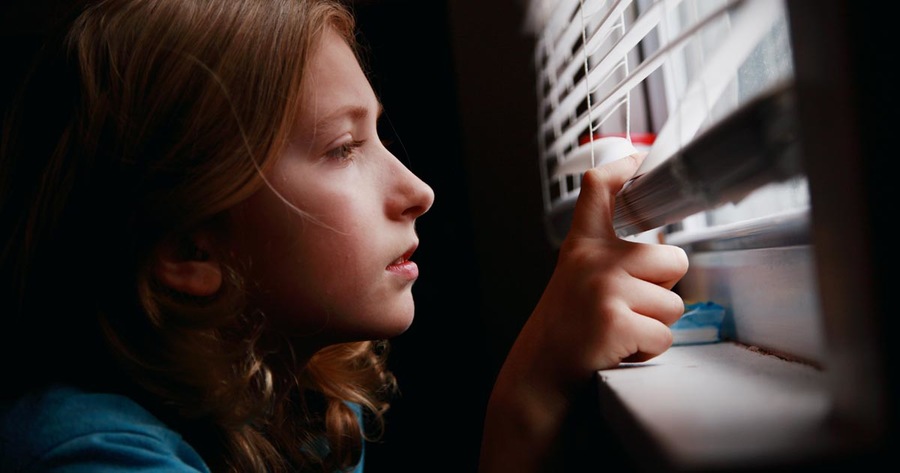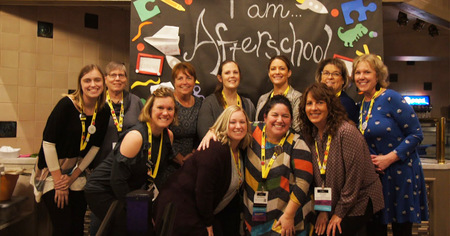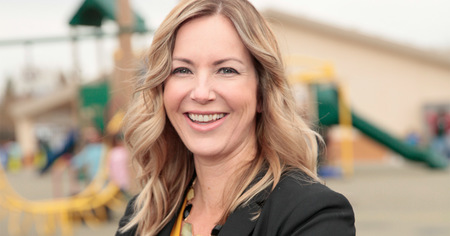As members of the afterschool profession and of WERA – IRN Extended Education, we support this statement of concern and call to action, which brings attention to the great needs young people have in out-of-school time. We must ensure these needs are not forgotten amid the many other serious educational issues afterschool professionals are facing, such as virtual teaching and learning and the difficulties of reopening schools in different countries.
See the full statement, below.
We've seen in past months unprecedented changes to our lives across the globe—schools, factories, businesses, and cities have closed, and a majority of people were in lockdown across many countries on all continents. Traveling, working, dining, and socializing have all been fundamentally impacted. No one could have anticipated the scale of change that COVID-19 would bring about to our lives almost everywhere in the world. We are nowhere near to the end of this calamity that is also bringing our economies down.
In several countries, things are looking a little brighter now that we're in June. Some societies have opened up gingerly, and students in such countries as South Korea, Japan, Germany, Switzerland, and Israel have returned to school—often with masks on and sitting six feet apart. How long these schools can remain open depends very much on new spikes of virus infections, as well as the careful approach that populations will take as they engage in normal life. We, as the WERA-IRN Extended Education, a network of researchers and research-based practitioners and policymakers focusing on out-of-school time activities (e.g., afterschool programs in the USA, South Korea or Japan, all-day schools in Germany, Switzerland or Austria or school-age educare in Sweden), have watched these developments with great attention.
During the lockdown, most children spent all their time with their families. In many families, this situation and the fact that one could spend more time together was taken as a chance to move closer together and get to know each other better or anew. However, other parents were extremely stressed. Many jobs went online, and many people had and still have to work from home. Parents suddenly found themselves dealing with childcare, teaching, and work, all at the same time. In other cases, parents lost their jobs or had to fulfill essential work tasks that put them and their families at great risk. These stress factors may have contributed to increased discord and even abuse in the family. While the numbers are not entirely clear yet, the reports and calls to police and agencies, for example in the US, demonstrate that anxiety and despair due to abuse and physical safety issues had increased. How could it not, when stressed people live together 24/7, and when some of the preexisting relational issues become more and more pronounced? One has to assume that chronic anxiety, depression, decreased ability to partake in physical activities, and social isolation have increased the prevalence of mental health problems, and there are early findings that provide evidence for this increase.
Another central issue has been that most resources for virtual learning platforms and environments have been focused on teachers and schools. In many countries, extended education as youth clubs, sports, and artistic expressions also came to a halt. Fortunately, this was not entirely the case, as there was a great deal of creativity trying to do their best during a difficult time. This means that students in general did not only experience isolation and limited experiences and interactions with teachers and classmates, but often were robbed of important out-of-school experiences. We know from research how important these spaces are for emotional development, for learning new skills, additional tutoring, self-expression, identity development, and the growth of peer relations.
Extended education plays a big role in day-to-day life, as mentoring relationships are possible during the out-of-school time hours when young people can express their concerns to caring adults—not because their teachers are not available for these relationships, but that their authority role and their concern with academic performance, by and large, can create a certain distance that exists less extended education spaces.
Extended education is very important for all students, but especially for students from low-income, racially and ethnically disadvantaged backgrounds or students with migration backgrounds who need extra support to be able to compete in ever-more competitive environments in order to not be left behind. These services, that have also been less available through the shutdown, will show themselves as quite differentiated as economically strong families possess more social and cultural capital to counterbalance the loss of school time than students from other families who need the extra support that extended education can provide.
We know that the research supports the importance of extended education, and we believe that our international network has to step in. We all were affected and needed time to adjust to the new reality. But a network of researchers and evaluators has a special obligation here, and we want to outline some recommendations.
We therefore call with great urgency to focus on children and youth with the following actions:
- Governments must transmit realistic, reliable and transparently communicated plans for the opening of educational institutions beyond schools for all age groups in compliance with the current regulations. These plans must also be research- and evidence-based, and take into account psychological and educational considerations for child development, educational research and extended education.
- We believe that this is a very important time to do systematic research on a historically unprecedented time where we can learn greatly about human behavior, education, and psychological adaptation. As a network of researchers that represents 33 countries, we will use this geographic spread in order to study the effects of coronavirus in a comparative way and to provide evaluative guidance to policymakers to see what works during this time.
- In addition to teaching, extended education should be reassured, and regular afterschool programs, activities and care for children and youth must be provided beyond the usual school hours—whether online or in institutions. It is a serious mistake to let this crisis lead to a reduction in support and prominence of the out-of-school space. However, we also understand that schools are often in a better financial position. In the current situation, extended education especially needs financial support so that not all the progress and successes made in recent years are lost.
- The aim in the next months should be to ensure and guarantee the necessary infrastructure and technical aids for online teaching, as well as for online out-of-school time activities for all children and youth. We wish all of you well, a safe and healthy transition into this new phase of life with COVID19, and the hope that we will be able to return to some normalcy in the near future.
Sincerely,
Prof. Dr. Gil Noam Harvard University, USA.
Prof. Dr. Marianne Schüpbach Freie Universität Berlin, Germany
Chairs of the WERA-International Research Network on Extended Education
Courtesy of NAA.




